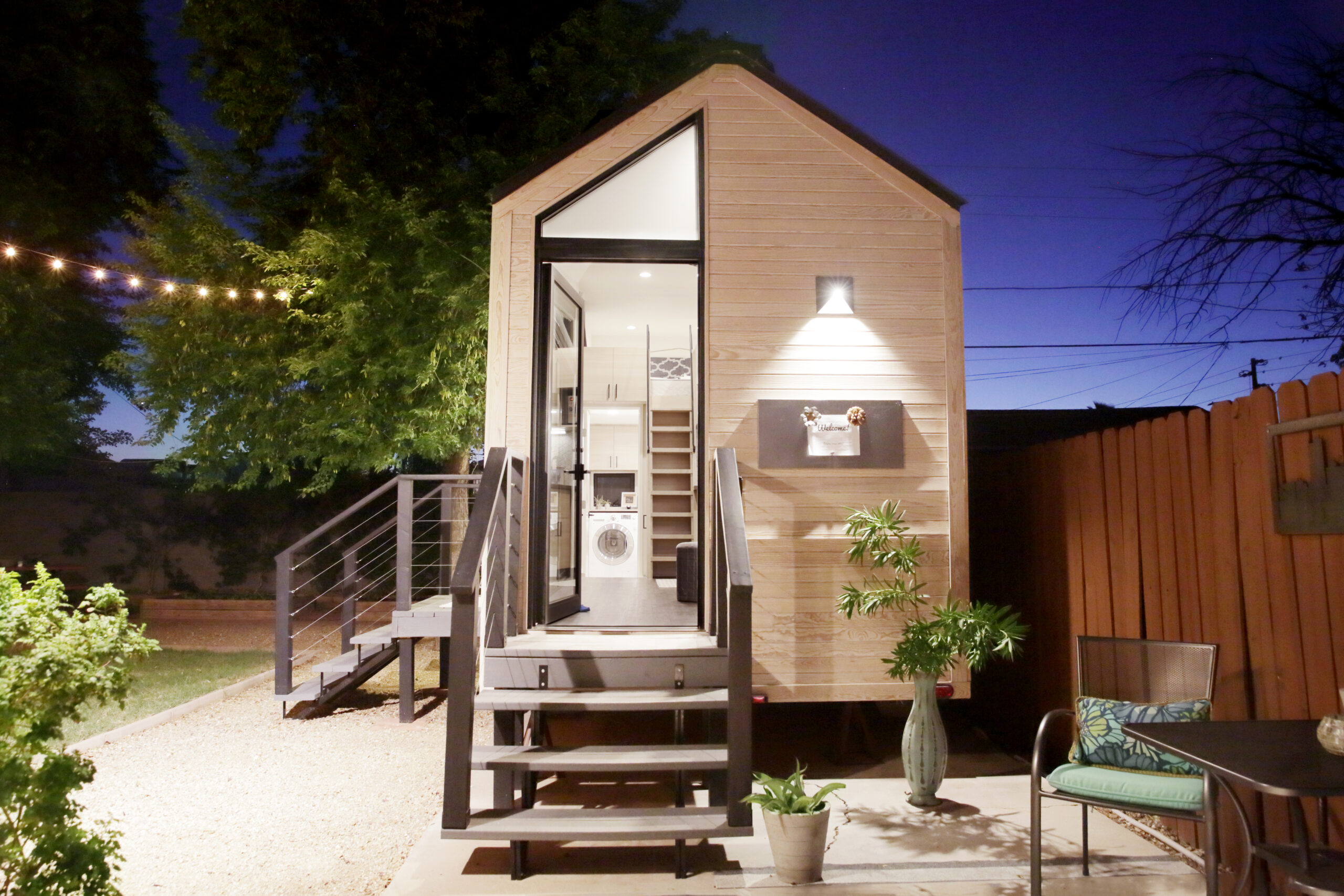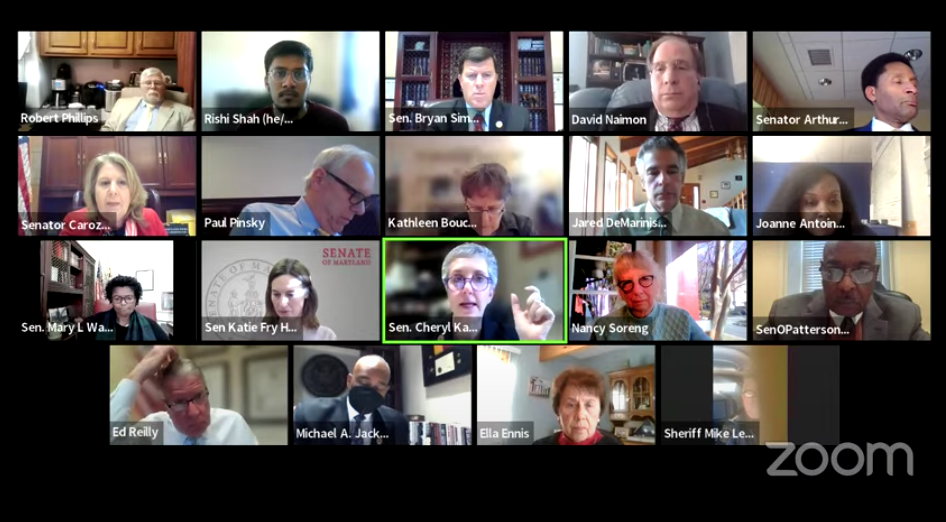As New Survey Shows Rising Concern About Housing Affordability, Realtors Join Call for Accessory Dwelling Units

Marylanders have become increasingly concerned throughout the pandemic about the cost of both renting and buying a home, according to a new report by the Maryland Association of Realtors.
About 71% of Marylanders surveyed as part of the report said the cost to buy a home in their part of the state is too high, up 14 percentage points from 2020.
The same number — 71% — also said the cost to rent an apartment in their part of the state was too high, compared with about 61% of people who answered the same in 2020.
Half of those surveyed also indicated that housing availability was a “big or moderate problem,” according to the report, compared with 35% in 2020.
“Concern among Marylanders has jumped by double digits on issues related to supply,” Yolanda Muckle, the association’s president-elect, said last week.
A majority of those surveyed also said there is too little housing for people with moderate incomes, and 59% of those surveyed said there is too little housing for older people who want to downsize or have special needs. And two-thirds of those surveyed said there is too little housing for young people or people with low incomes.
A report commissioned by the Maryland Department of Housing and Community Development last year found that Maryland lacks about 85,000 rental units for people earning 30% of the area median income or below. That report also found that Maryland is expected to add an estimated 97,200 low-income households between 2020 and 2030.
The survey was conducted between Jan. 19 and 27 by the political strategy firm American Strategies and polled 931 people who indicated that they were registered to vote in Maryland. A total of 50% of respondents were reached by wireless phones, 29% were reached online, 12% were reached on landlines and 9% were reached on Voice over Internet Protocol (VoIP) phones. The overall margin of error was plus or minus 3.7%.
Chuck Kasky, CEO of the Maryland Association of Realtors, said Thursday there is “no single panacea” to fix Maryland’s lack of affordable housing — but argued that allowing accessory dwelling units across the entire state would help alleviate the shortage.
Accessory dwelling units are “smaller, independent residential dwelling units located on the same lot as a stand-alone (i.e., detached) single-family home,” according to the American Planning Association.
Senate Bill 871, sponsored by Sen. Mary Washington (D-Baltimore City) and cross-filed as House Bill 1259 by Del. Lisa M. Belcastro (D-Baltimore County) would require local governments to authorize the development of accessory development units on land zoned for single-family residential use and would establish that it is state policy to promote the development of those units.
The bills received hearings earlier this month, but have not been voted on in the House or Senate committees.
“People simply need options and flexibility when it comes to housing and also their land,” Belcastro said at a March 8 hearing in the House Environment and Transportation Committee.
The bill has drawn opposition from local governments and the Maryland Association of Counties. Kevin Kinnally, the legislative director for the Maryland Association of Counties, said in an email that local governments worry the bill would provide a mandate and preempt local laws on zoning.
“County governments are concerned that a statewide law granting extra development rights would override community considerations on growth planning,” Kinnally wrote. “Local governments consider infrastructure like roadways, water systems, and school capacity as part of their land use planning, and no statewide rule could fairly reflect those block-by-block conditions.”
Bill Castelli, the senior vice president for government affairs at the Maryland Association of Realtors, said the bills face a “stiff headwind” in being reported out of committee, given the opposition from the Maryland Association of Counties, but described accessory dwelling units as “a quick way to use existing infrastructure to meet some of this need.”
In the Realtors poll, most voters — 70% — were not familiar with the term “Accessory Dwelling Unit,” but after hearing a short description, 76% said they would favor making it easier for Maryland homeowners to have an ADU on their property; 18% percent opposed.
Kasky argued that the current gulf in affordable housing in Maryland means that housing policies across the state haven’t been working as well as they should.
“If the reason you’re doing something is because that’s how you’ve always done it, that’s not the right answer,” Kasky said. “If it hasn’t brought forward the results that you want, then you have to try something new.”




 Creative Commons Attribution
Creative Commons Attribution